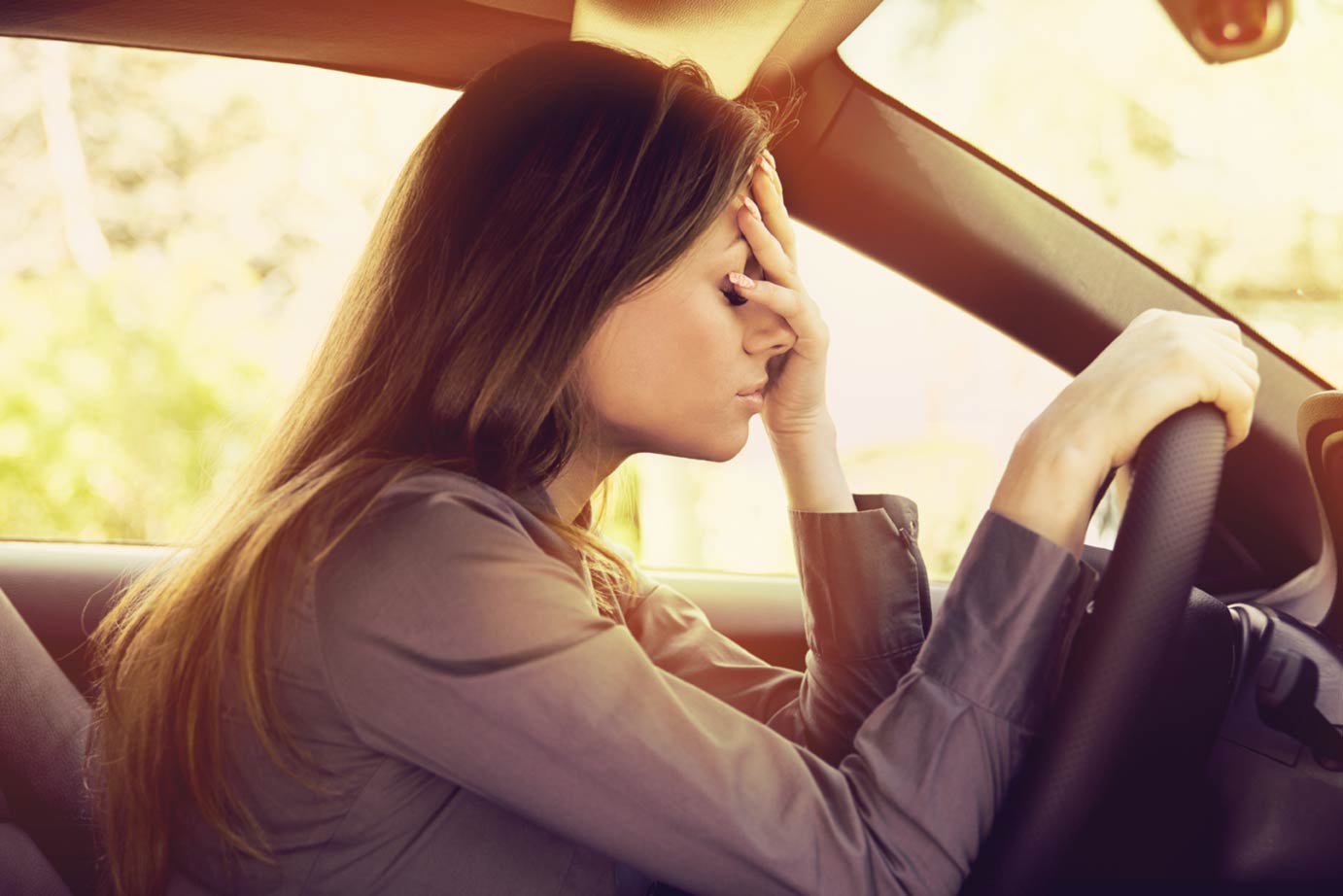It’s not unusual for individuals involved in a car accident to experience Post-Traumatic Stress Disorder, also known as PTSD. The psychiatric disorder can occur in people who have seen or experienced a traumatic event, such as a natural disaster, car accident, or violent assault.
If you were recently involved in a car accident and you’re experiencing intense, disturbing thoughts and feelings related to it, you may have PTSD. Learn more about this disorder as it pertains to car accidents.
Understanding PTSD
People who are diagnosed with PTSD may relive a stressful event through flashbacks or nightmares. They may experience perpetual sadness, fear, or anger, and they may feel detached from other people. According to the American Psychiatric Association, 1 in 11 people will be diagnosed with this disorder in their lifetime.
A diagnosis requires exposure to a disturbing or traumatic event. Some individuals are also diagnosed as a result of secondhand trauma, which refers to indirect exposure.
For instance, PTSD could occur in an individual learning about the violent death of a loved one. Additionally, it could occur as a result of repeated exposure to tragic details of the trauma, such as social workers who are exposed to explicit details in child abuse cases.
PTSD Symptoms
The following four symptoms characterize this disorder:
- Intrusion: The victim experiences recollections of the event. Sometimes, these recollections are distorted.
- Numbing: The victim is emotionally distant and may experience depression, hopelessness, and stoicism.
- Avoidance: This symptom can include avoidance of certain people, locations, or other circumstances associated with the event. A victim may also develop panic, social phobias, or generalized anxiety.
- Arousal: The victim is in a state of constant alertness, which includes hyper-vigilance, insomnia, paranoia, and an inability to focus.
Severe cases combine auditory hallucinations, paranoid ideation, and thoughts of suicide. It’s important to note it can manifest within hours of a traumatic event for some people, but for others, it may not be apparent for days, weeks, or even years.
PTSD in Victims of Car Accidents
Motor vehicle accidents are the leading cause of PTSD in the general population. Each year, there are approximately 6,000,000 car accidents in the U.S., according to the National Center for Statistics and Analytics. The National Institute of Mental Health finds 32.9 percent of car accident survivors develop this disorder.
Survivors who are diagnosed with PTSD usually develop a fear of driving, and some stop altogether. Others may have outbursts when they see a car collision.
PTSD Treatment
If you think you have PTSD, please seek help from a therapist. There are a variety of treatment options that may help you reclaim your life, such as talk therapy or medication. Other options include immersion, which is when the victim confronts the fears they’re avoiding. A professional will help you find the treatment option that works best for you.
Contact Flickinger • Boulton • Robson • Weeks
If you were diagnosed with PTSD following a car accident, take all the time you need to heal. Once you feel ready, it might be time to discuss your situation with a personal injury attorney who will fight to make sure you’re compensated for the suffering this accident caused. Contact Flickinger • Boulton • Robson • Weeks for your free case evaluation.



